Princeton study suggests that monkeys, like humans, may have 'self
Por um escritor misterioso
Descrição
A team of scientists determined that changing an infant monkey's verbal development also changed a physical marker of domesticity: a patch of light fur on its forehead. This link between tameness and language development supports the theory that humans have "self domesticated."
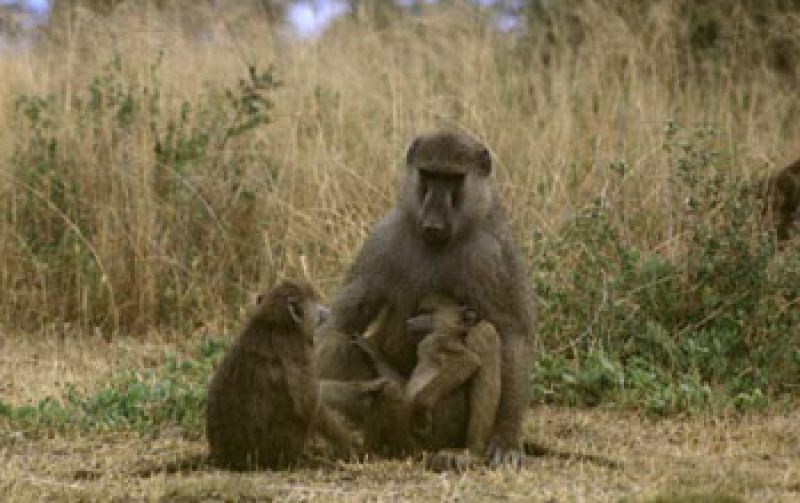
Baboon Fathers Really Do Care About Their Kids

What Is Our Responsibility to Lab Animals? - The New York Times

The origin of smiling, laughing, and crying: The defensive mimic theory, Evolutionary Human Sciences

Animal Spirits

Monkeys Could Talk If Their Brains Were Wired For Language : Shots - Health News : NPR
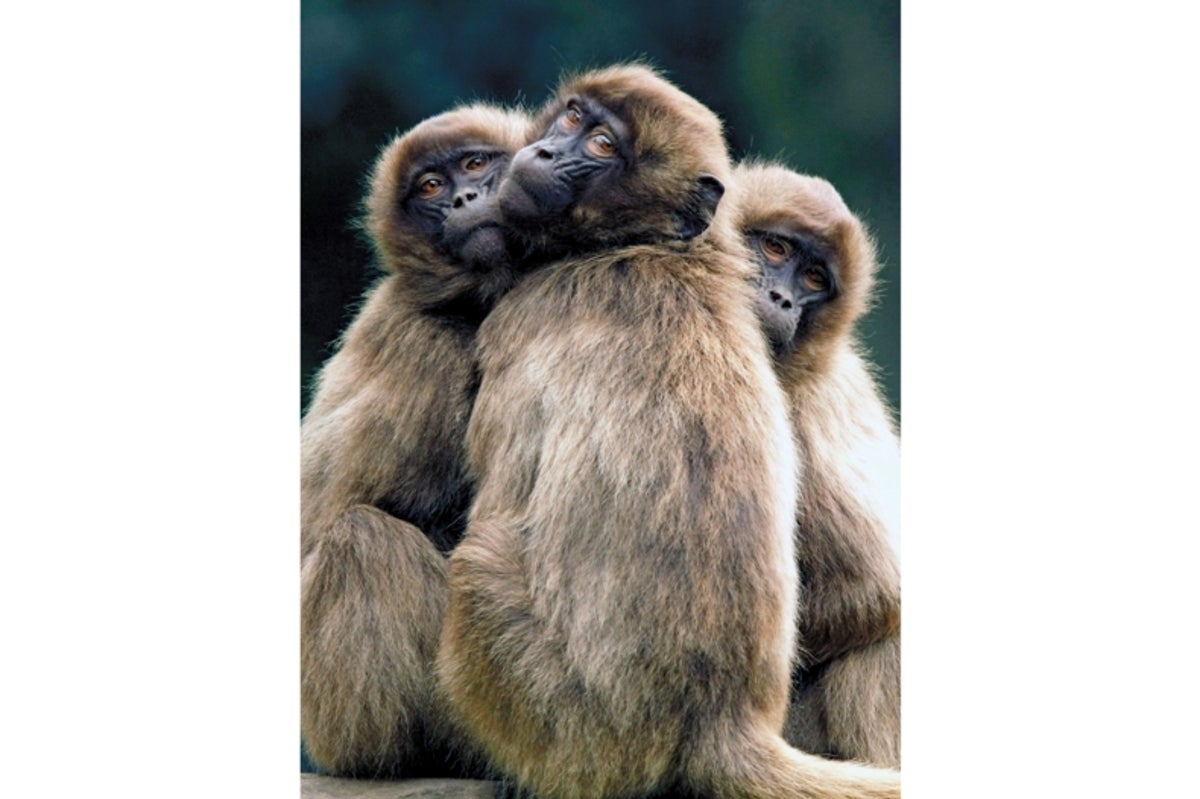
The Biological Blessings of Friendship
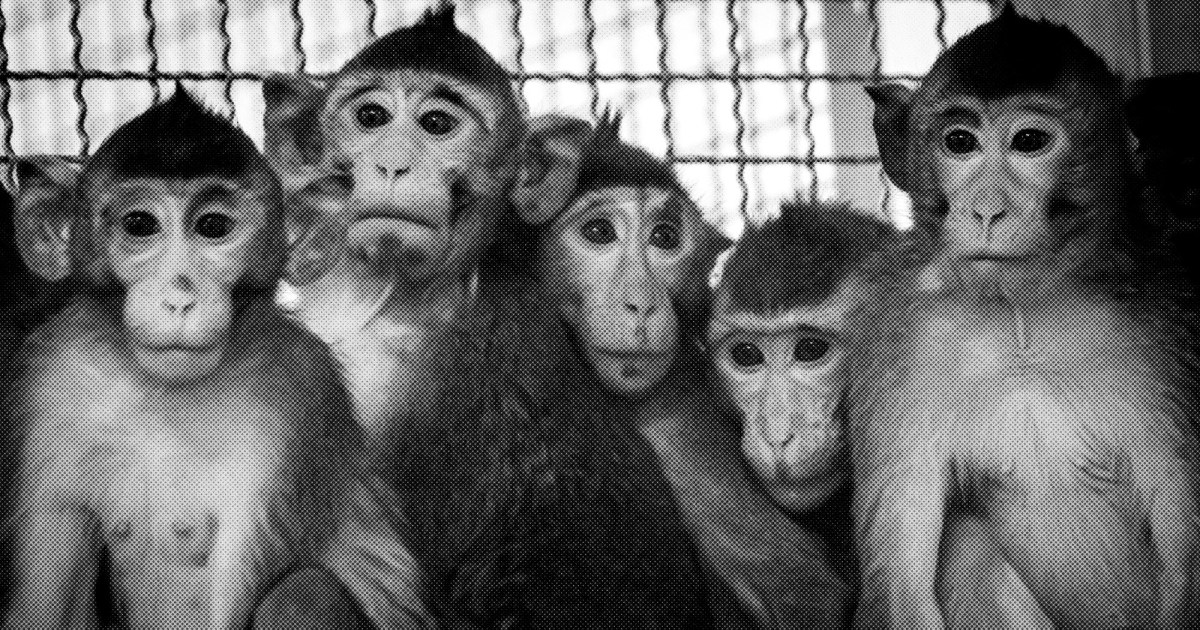
A Plane of Monkeys, a Pandemic, and a Botched Deal: Inside the Science Crisis You've Never Heard Of – Mother Jones

Monkey Evolution: Experiment Shows Monkeys Domesticate Themselves
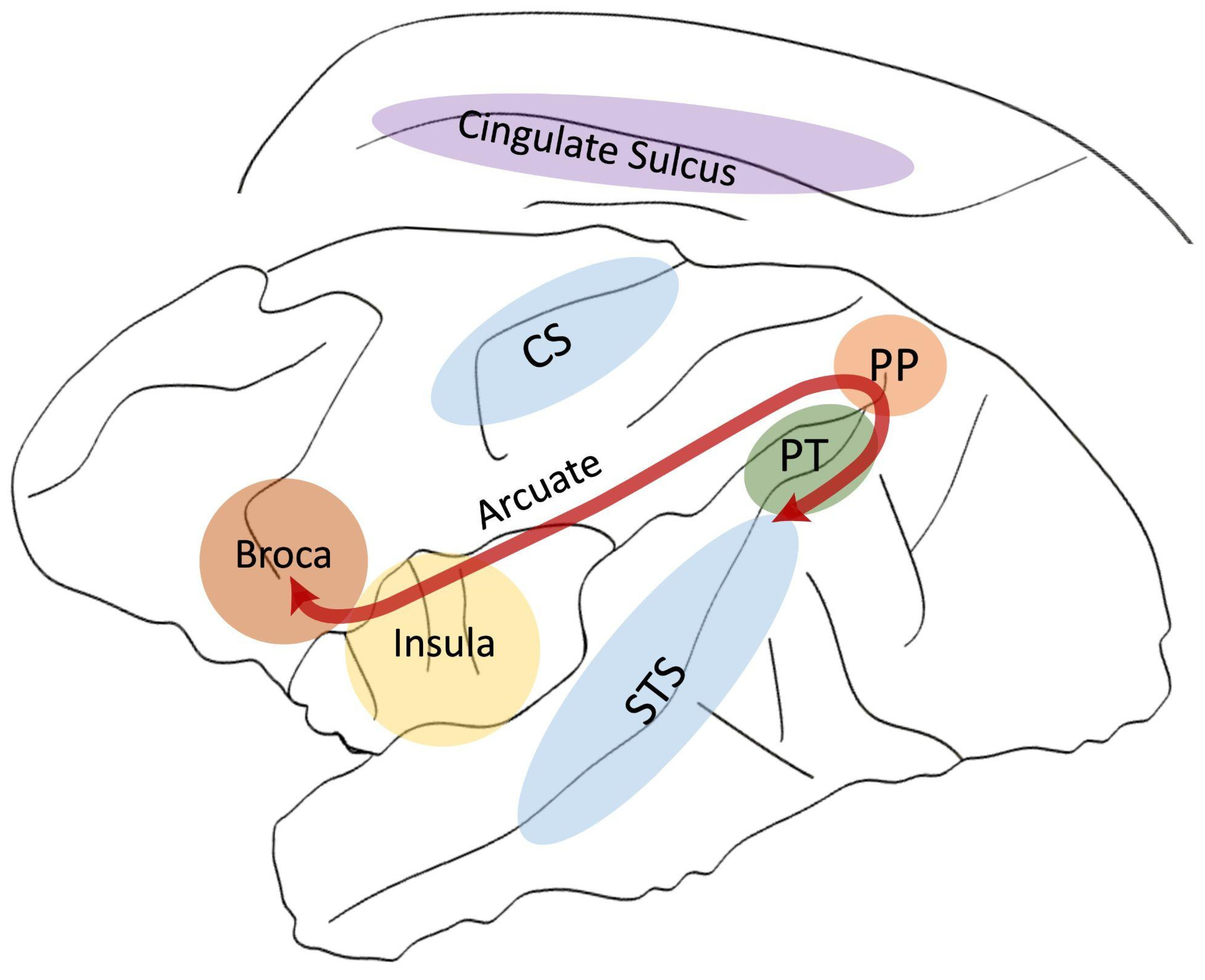
Symmetry, Free Full-Text
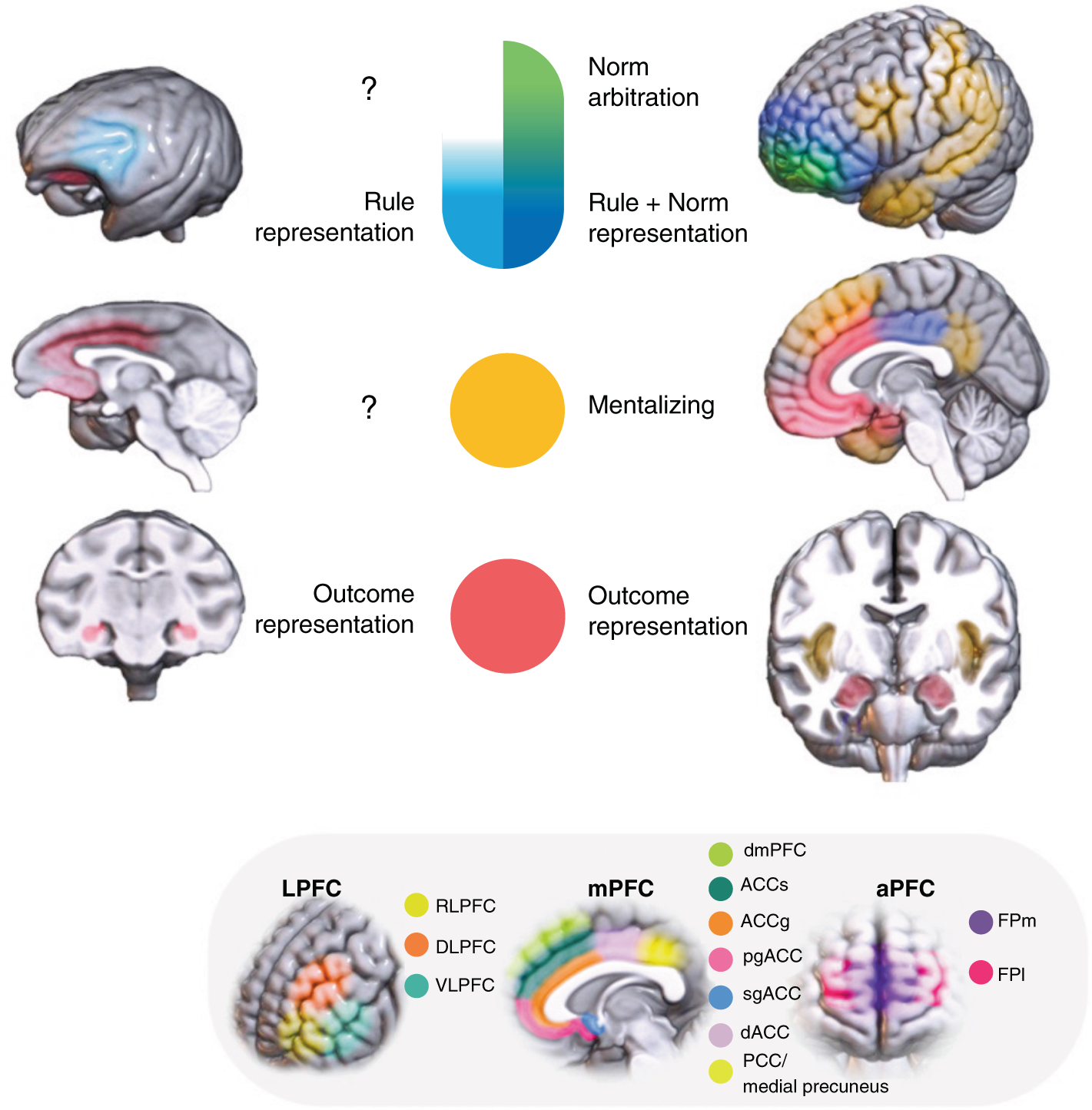
The prefrontal cortex and (uniquely) human cooperation: a comparative perspective

Are We Not Apes? (VIDEO)

PETA accuses Princeton University of abusing laboratory monkeys – Trentonian
de
por adulto (o preço varia de acordo com o tamanho do grupo)

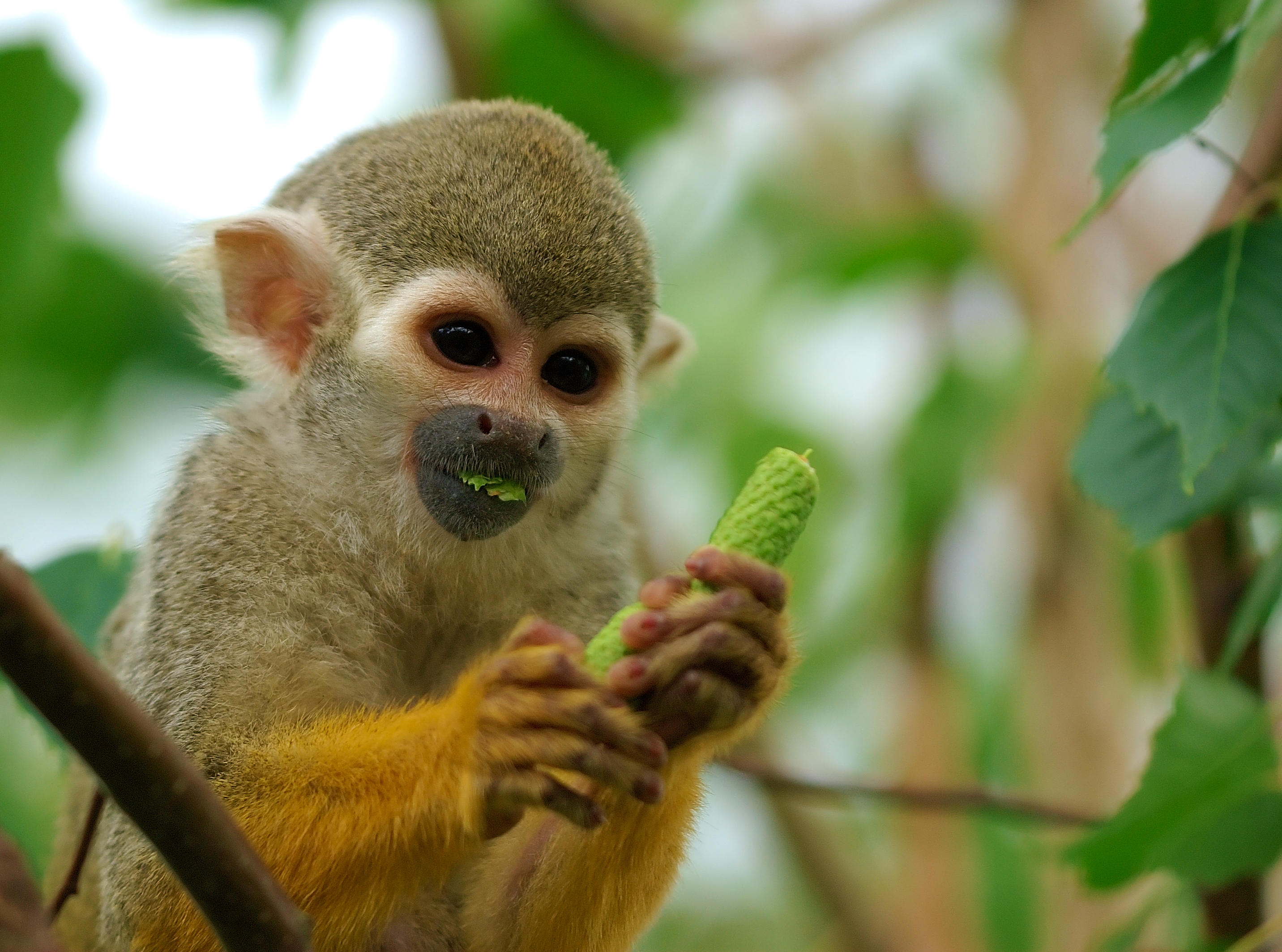
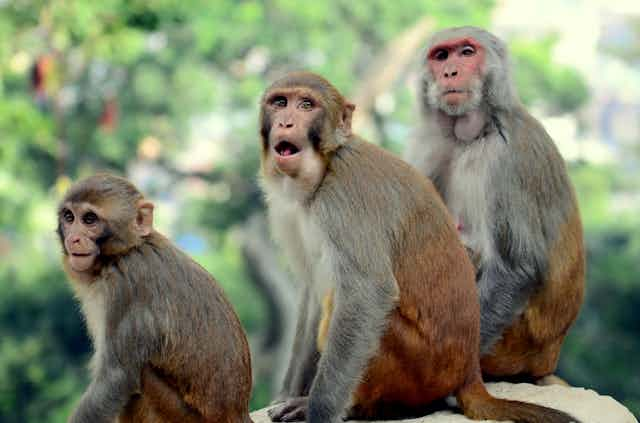
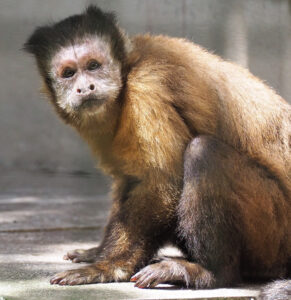



/i.s3.glbimg.com/v1/AUTH_bc8228b6673f488aa253bbcb03c80ec5/internal_photos/bs/2023/v/7/VkOidUSMqpUs0LOAuSeg/chave.jpg)